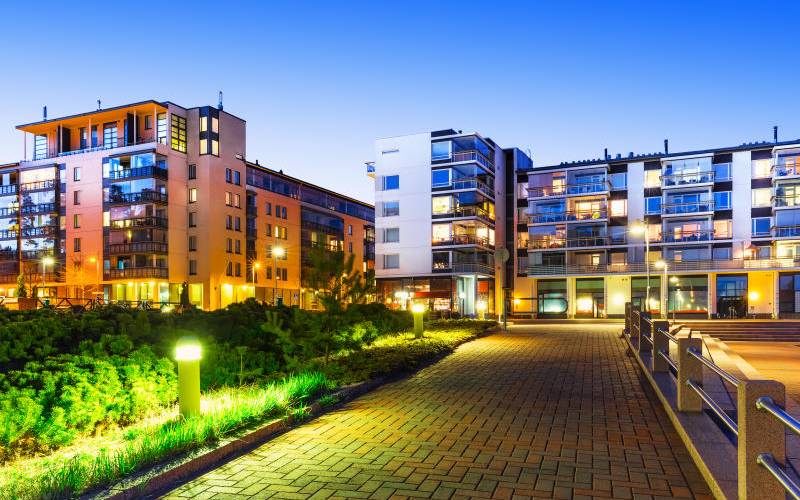×
The Standard e-Paper
Kenya’s Boldest Voice

With the Government reporting to the UN General Assembly, Nairobi hosting the first pan African Housing Forum this week and thousands of aspirants formulating manifestos, it seems an important time to reflect on our national progress of delivering on the right to housing for all and how we could accelerate this right.
There is nothing more important than a home of our own.